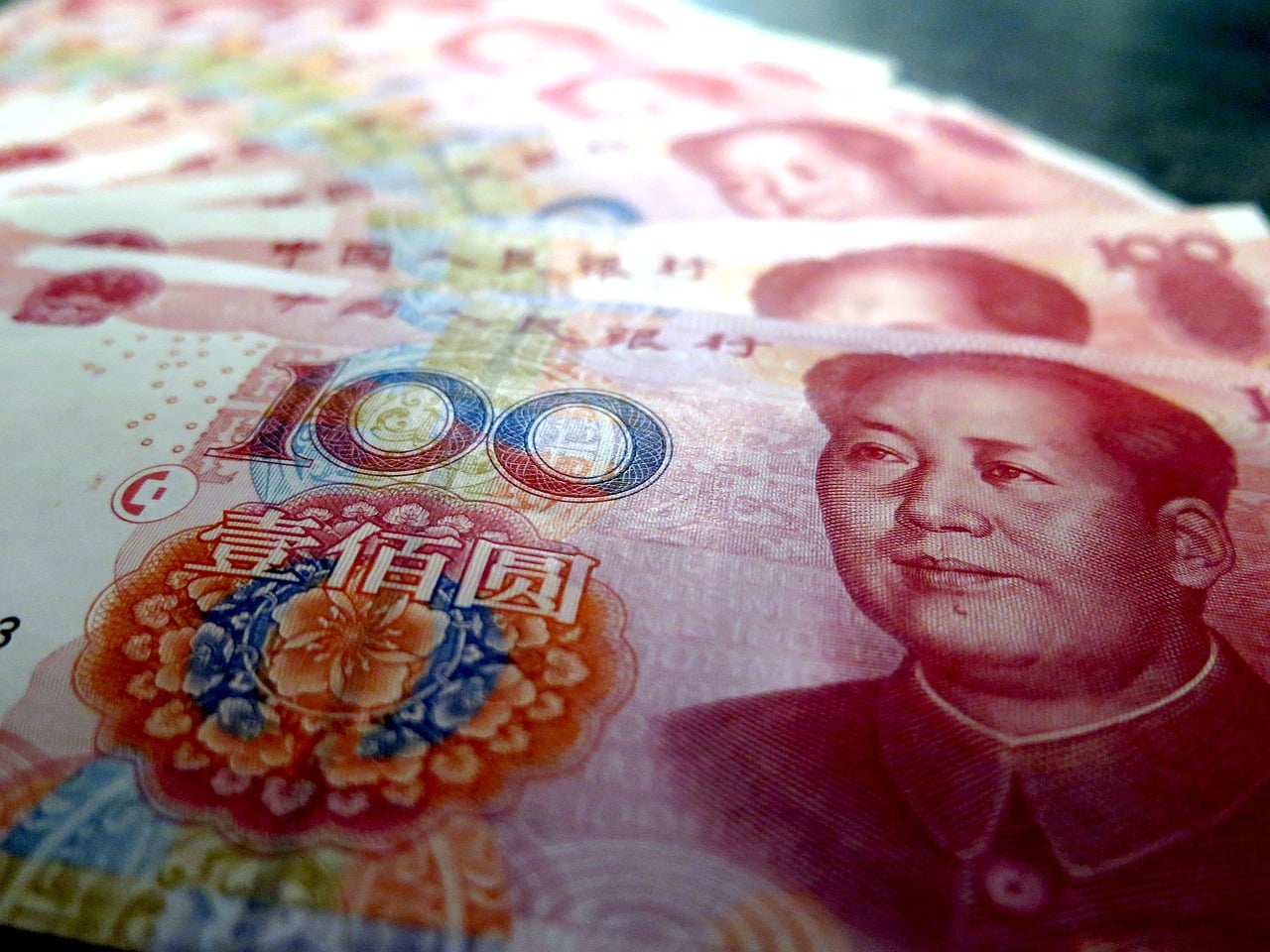ValueWalk’s interview with Patrick R. Colabella, Ed.D., C.P.A., professor of accounting at The Peter J. Tobin College of Business at St. John’s University and Vincent J. Amoia. In this interview, Patrick and Vincent discuss the reason why China devalues its currency, China trying to replace the U.S. Dollar as the world’s reserve currency, the impact of currency devaluation on the Chinese economy, the trade dispute and why China is playing a hardball.
Interview with Patrick R. Colabella and Vincent J. Amoia
Q2 hedge fund letters, conference, scoops etc
Why is China devalues its currency?
China devalues its currency to make its goods less expensive on the global market. This has the effect of making imports more expensive and less affordable. The effectively is a tariff foreign goods without the formal use of a tariff. This also keeps the balance of payments in China’s favor, especially when their major trading partners are on the short end of international trading and this then increases GDP growth by supporting exports.
What does US labeling Chinese a currency manipulator mean is it symbolic?
Ironically over the past few years China has begun to manipulate its currency in the opposite direction. This may be an indication of their obvious but hidden objective to replace the U.S. as the world’s superpower. Their foreign policy of foreign investment and expansionism show their intent to be a world player. Their recent attempts to support or bolster their currency is an attempt to try to replace the Dollar as the world’s reserve currency. A major aspect of this strategy is the fact that the dollar is a fiat currency not backed by any commodity. Shortly after Nixon took the Dollar off the Gold Standard the U.S. and Saudi Arabia among other countries created agreements for their oil to be priced and purchased with U.S. dollars which effectively created the petrodollar. This supportive relationship has recently come under attack from the Chinese as they are trying to create similar agreements as they become a larger importer of Middle Eastern oil than the west. Their currency and foreign policies support their attempt to replace the U.S. as the world’s leading superpower by replacing its reserve currency. Their recent island building in the South China Sea and actions against Hong Kong are also indicative of their efforts to spread their influence.
How does the devaluation impact the Chinese domestic economy?
The Chinese economy has its own problems due to speculation in its housing market and leverage in general. Their top down control of the economy and banking system has allowed them to deleverage in recent years but has resulted in a remarkably lower growth rate (which may be inflated). However, their housing market is still extremely speculative as more housing units are being bought as second homes rather than first homes. This is because Chinese residents are buying properties as speculative bets because real estate prices have outperformed so well in the recent path and debt was relatively inexpensive.
This trade dispute is about much more than trade it involves Huawei, mistrust and global power tension - how does this play in with recent events? And why is China playing hardball?
China is playing hardball with the U.S. because they are very long term oriented and don’t have to bend to the political pressures of their constituents because they are a republic in name only. As tensions increase China will buy more of its food supplies from Latin American countries such as Brazil that produce large amounts of soybeans. The retaliatory tariffs on agriculture has hurt the Chinese economy more than the American economy and stock markets but their citizens suffering means very little to the Chinese government. While agriculture and manufactured goods have received the majority of the media attention regarding the trade disputes, but the main focus should be on the technological and intellectual property debate. Huawei is at the forefront of that conversation. This technology will be the platform for the 4th industrial revolution as AI and machine learning grow. The long-term prosperity and superiority of the American economy and way of life depends on President Trump’s perseverance.






